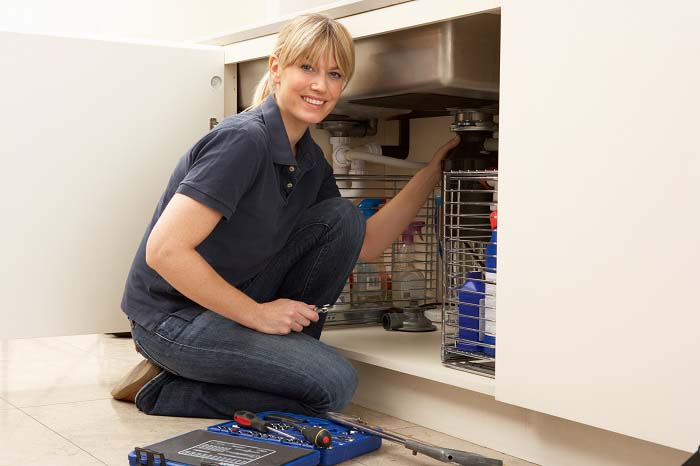
Own A Home? Here’s Five Facts You Should Know About Your Kitchen Plumbing
Owning a home is a rewarding experience, but can also present situations of stress anxiety. If you are experiencing issues with your kitchen plumbing, or if you just want to educate yourself for future reference, there are a few facts you should keep in mind. Take a look at the following to help you deepen your understanding of your kitchen area.
Mold can grow in the kitchen!
First and foremost, all homeowners should be aware of the potential for mold. Not surprisingly, most people only consider the possibility of mold growth when they think about their bathrooms. While it is true that showers create atmospheres of humidity and dampness and are prime for mildew, kitchen plumbing is susceptible to the invasive substance, as well. Not only is mold bad for your health, but it can eat through certain pipe systems and wood. Maintain a regular inspection schedule to catch mold before it spreads.
Always be mindful of leaks.
Speaking of mold, never neglect a leak, no matter how minor it may seem. The most common issue is a leaky faucet. Even little leaks can amass pooled water and cause great damage. Dishwashers, refrigerators, and washing machines located in kitchens can all cause water damage. And water damage can incur necessary repairs that quickly morph into very large expenditures. Never ignore a leak! Call a trusted plumber immediately if you find that you are unable to stop the problem.
Orangeburg pipe is a problem.
This particular type of pipe is primarily found in older homes. So if you have a home that was built before the 1980s, then this information is for you! Manufactured in Orangeburg, New York, this material in your kitchen plumbing is comprised of a wood-like substance. Produced as a cheaper option, it has a lifespan of less than fifty years. With the material as flimsy as it is, these types of pipes have experienced a lot of rot and mildew over the years. The best remedy for Orangeburg is a replacement. While replacement of this pipe may cost you upfront, it can save you money in the long-run, as Orangeburg can cause bigger problems than just a replacement cost.
Funky water can indicate a problem with the pipes.
Your kitchen water can tell you a lot about the state of your plumbing. Ever detect a smell of rotten eggs? If you are in your kitchen, it could just be a forgotten carton of eggs. Or it could indicate a contamination from the sewer pipes. Algae and mold can also grow in your pipes and affect your water supply. The type of pipe itself can also tamper with the taste. Copper pipes, while reliable and flexible, can sometimes deposit small amounts of copper into the water, especially if the pipes are beginning to corrode. In short: call your local plumber if you notice a change in your water supply.
Drain cleaners are not always your friend.
When a kitchen sink clogs, most people turn first to a bottle of drain cleaner. This is not always a bad reaction, but you should minimize its use. Drain cleaners are a combination of harsh chemicals that can corrode your system of pipes. Not only are they corrosive, but they can sometimes release toxic fumes within your home. Again, you can use these cleaners, if you do so carefully and sparsely. Try a few do-it-yourself remedies first, or call a trusted plumber for your kitchen plumbing.
Experiencing issues with your kitchen plumbing in Austin, TX? Visit stevesplumbingrepair.com today for help!
Article Source: Own A Home? Here’s Five Facts You Should Know About Your Kitchen Plumbing

